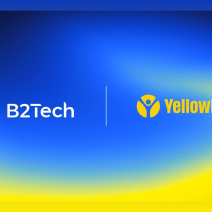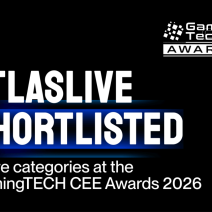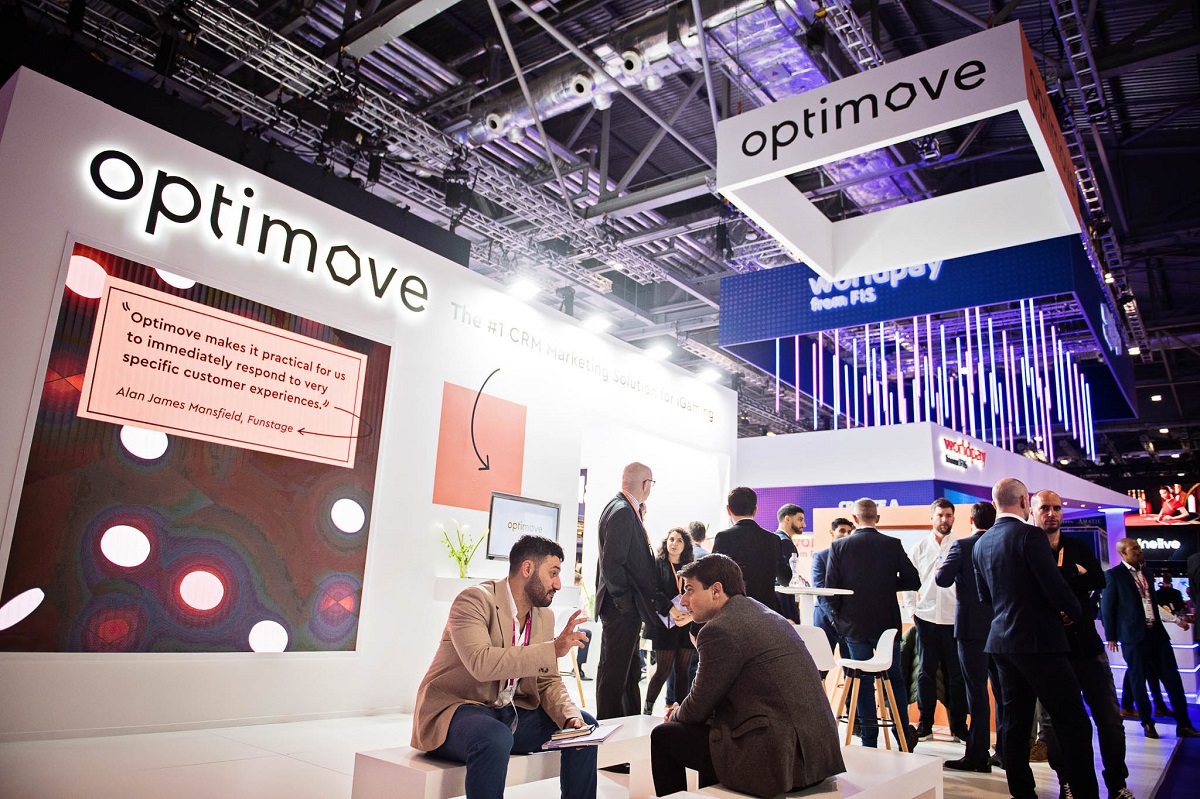
Should we fear Generative AI?
Nik McDonald, Senior Account Director at Fujitsu, says absolutely not but that it does come with some risks and drawbacks that organisations should be aware of.
What makes AI such a hot topic across the industry right now?
Operators and suppliers have come to understand that artificial intelligence can have a seismic impact on their businesses, whether that be streamlining internal processes or improving the solutions, tools, services and experiences they provide to their customers. But as the understanding of AI has deepened, so too has the awareness that the impact AI has can be both positive and negative. This has ultimately left some organisations nervous and unsure how to approach it, let alone integrate it into their workflows, services and products. And this is why it’s become a hot topic, with stakeholders across the sector keen to learn more about it.
Is there a certain type of AI that’s best suited to this industry? If so, what makes this type of AI such a good fit?
There are several types of AI including Narrow AI, General AI, Super AI, Reactive Machines, Limited Memory, Theory of Mind and Self Aware. The category most are interested in is Narrow AI and in particular, Generative AI – this is AI that can create new data including texts, images and videos by learning the structure and patterns of its training data to generate new ideas with similar characteristics. It can be trained to understand human language, programming language, art, chemistry, biology, law and countless other complex subjects and is often powered by Large AI models, often referred to as foundation models. This means Generative AI can perform a wide range of tasks including summarisation, classification and answering queries. This scope is what makes it ideally suited to businesses in this industry, regardless of whether they have a B2B or B2C focus.
Can you give a real-world example of Generative AI?
ChatGPT is the most famous example. It’s essentially a chatbot that runs on the foundation of large language models, trained on vast amounts of data to produce texts that humans understand. Users ask a question and ChatGPT breaks down the query into smaller components to analyse their meaning and determine what the user is really asking it to do. It then returns the words and sentences it thinks best answer the query based on the data it’s been trained on. It’s pretty cool, but it does have some drawbacks and risks to be aware of.
Could you explain some of these drawbacks and risks?
The accuracy of results is a big concern, as is inconsistent outputs, bias, lack of explainability and even threats to privacy, security and intellectual property. People often forget that ChatGPT is a public service and that as well as sharing information, it consumes it. This means users must approach with caution if using it in the workplace or to ask questions about proprietary and sensitive information and data. Users also need to cross-check the answers that are provided to their queries given the inaccuracies and biases it can have.
Does this mean Generative AI should be feared?
Not at all. Organisations should embrace the power of Generative AI and the clear benefits it can bring to their operations. We are already seeing companies use it, whether that be a slot studio harnessing its creativity to come up with new game concepts, designs, animations and even mechanics, to compliance platforms that use it to spot patterns in player behaviour. This sector has always been at the cutting edge, and I would include operators and suppliers to push the boundaries of AI but just to be mindful of some of the risks it presents.
How has Fujitsu approached Generative AI?
We have been busy developing a chatbot that’s similar to ChatGPT but that organisations can use with confidence. Instead of using publicly available data, it sits on top of the company’s data warehouse and allows teams and employees to ask questions and queries and have answers generated based on the proprietary data the foundation models have been fed on. Data can be siloed within the warehouse and with different levels of permission granted to different employees and teams. With our PrivateGPT, companies can really benefit from the power of Generative AI but with confidence that data is safe, secure and private, that responses are accurate and unbiased, and that the right level of permission is granted to individual employees.
Can you give an example of how organisations can use your PrivateGPT?
Our PrivateGPT has lots of use cases including being able to ask any question, chat with company data, find new answers and insights, foster deeper collaboration, jointly generate insight and evaluate results and develop decision support systems. Specifically, it might be a legal and compliance team wanting to ask a question about a previous market entry and a specific legal requirement, or it might even be to offer a consumer-facing tool where bettors can see how a team or player had performed across historic bet outcomes. This is what makes Generative AI so exciting and why it will continue to be a hot topic for some time to come.










